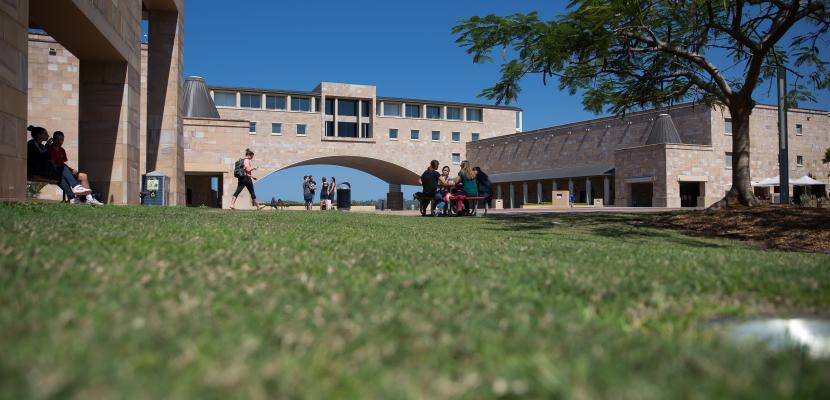
More than $71 million in National Health and Medical Research Council (NHMRC) grants announced recently has seen Bond University’s Professor Paul Glasziou receive more than $800,000 in funding to continue his medical research until 2020.
Professor Glasziou is Director of the Centre for Research in Evidence-Based Practice (CREBP) at Bond University and was for many years a part-time General Practitioner.
He has been awarded $836,915 from the NHMRC as one of approximately 25 Senior Principal Research Fellowships (SPRF) recently announced by the Minister for Health, The Honourable Peter Dutton, MP.
Professor Glasziou has been at Bond University’s Faculty of Health Sciences and Medicine since July 2010. Prior to that Professor Glasziou was the Director of the Centre for Evidence-Based Medicine in Oxford from 2003 to 2010.
His key interests include identifying and removing the barriers to using high quality research in everyday clinical practice. He has written six books related to evidence-based practice.
Professor Glasziou’s research and expertise relates to improving medical decision making, including clinical trials, systematic reviews and evidence-based medicine, with specific applications to cancer screening, otitis media (middle ear inflammation), cholesterol lowering, hypertension and cardiovascular risk.
Professor Glasziou said the NHMRC’s five-year SPRF would enable him to focus on innovations to make research more useable and used, building on his work already on ‘avoidable waste in research’ which estimated that avoidable design flaws, non-publication and inadequate reporting result in more than $85 billion in annual losses in health research expenditure.
“This grant will enable me to focus on further understanding and reduction of this avoidable waste, particularly for non-pharmaceutical interventions which are prone to poor reporting and are more difficult to synthesise.
“I am delighted to have been selected for such financial support.”
Professor Glasziou is particularly interested in improving the assessment and use of non-drug therapies, and recently founded the ‘Handbook of Non-Drug Interventions’ with the RACGP.